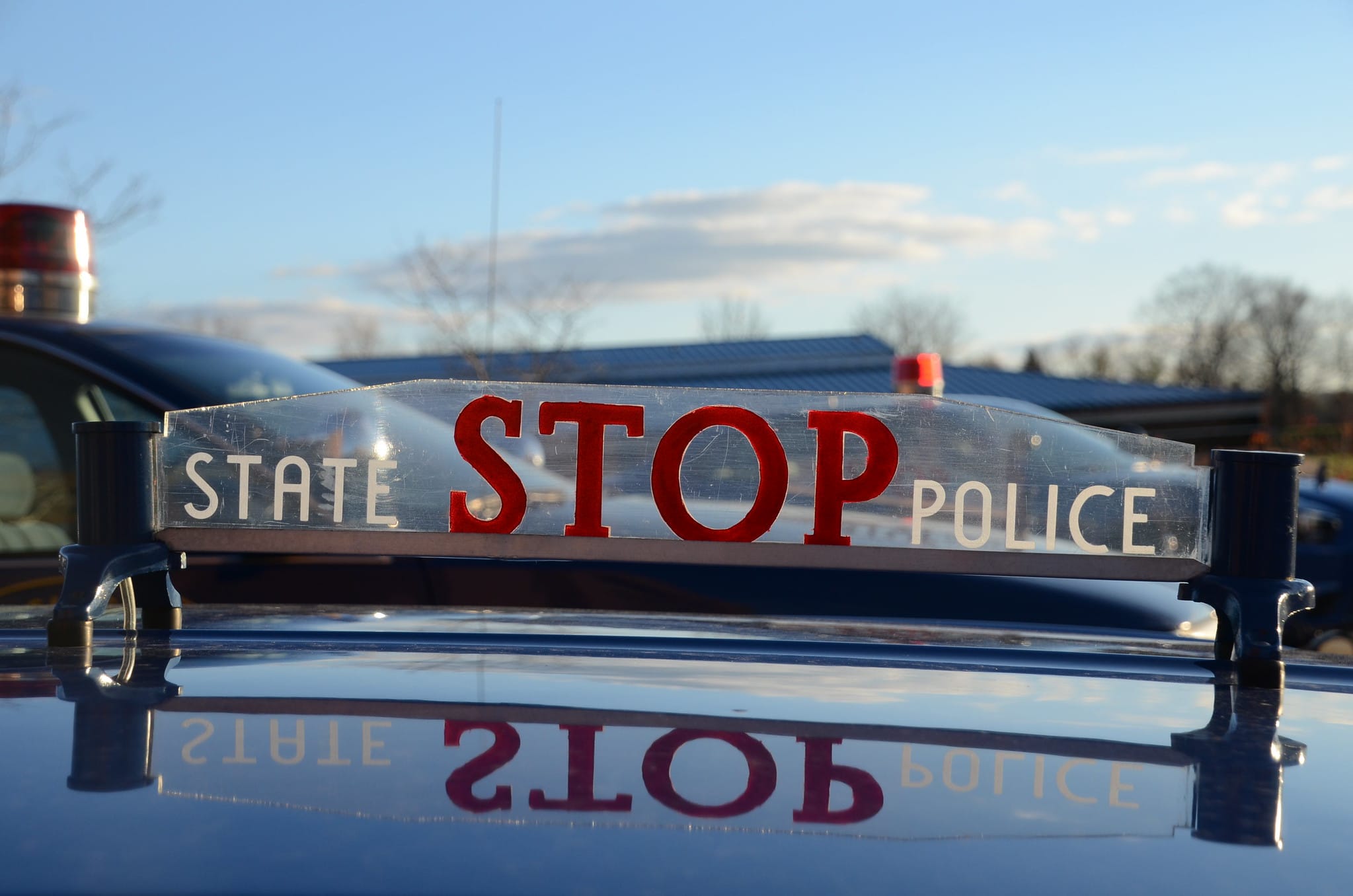
14 Jul How to Get Through a Sobriety Checkpoint in Arizona
Arizona is not the only state that has legal DUI checkpoints on the roads. It is estimated that in the U.S. someone dies from a drunk driving accident every 33 minutes. The best plan when you’re out drinking, is to have a designated driver. This ensures the safety of all the people on the road, including you.
Law enforcement sets checkpoints up to help keep drivers safe. However, when you are faced with a sobriety checkpoint, it can create a lot of stress. Knowing why these stops are in place, how often they happen, how you can avoid them, and how you can get through them, will give you the confidence to handle the situation without fear.
How to Avoid Sobriety Checkpoints in Arizona
It’s probably your goal to avoid being stopped and interrogated, especially if you are following the law. Being pulled over and detained is not fun for anyone. We outlined some tips below on how you can avoid sobriety checkpoints, stay safe, and be aware of your rights.
- Check government websites to see where the current checkpoints are set.
- Ask someone else to drive for you! Call a taxi service, use an app to summon another car service, or ask a friend to be your driver. Stay safe on the roads by asking for help when you need it.
- Some advice may say to turn around if you can legally do so. We would caution against this, and recommend one of the other options to avoid the stop. Police often interpret bizarre swerves, sudden stops, and changes in direction as suspicious behavior. Don’t give them an unnecessary reason to assume a crime is being committed.
Use your best judgement when choosing an option to avoid a checkpoint. Don’t incriminate yourself in an attempt to “outsmart a cop” or “outrun” an officer. If you feel your rights are being violated, take note of the officer’s badge number and wait to talk to your lawyer.
Getting Through a Sobriety Checkpoint
When you can’t avoid them, you will need to know how to handle getting through a sobriety checkpoint. Overall, the best thing you can do at a sobriety checkpoint is remain silent and wait to speak to your attorney.
After stopping you at a DUI checkpoint, an officer will motion for you to roll down your window. They will ask you a series of questions and ask for your license, registration, and proof of insurance. They might shine a light in your eyes, and could ask you to take a breathalyzer test, walk a line, or pass another drunk-driving test.
Your Rights During a DUI Stop
Invoking your constitutional rights can easily be the best course of action here. You may remain silent (tell the officer you are going to do so) and refuse to answer any questions. The officer may try and prod for answers. Remain calm. Be respectful. If the officer asks you to get out of the vehicle, do so. However, you can refuse to take a breathalyzer test if you find that to be in your best interest.
Another way to protect yourself is to refuse a search of your vehicle. If the officer asks to search your car, and you consent, they are within their rights. If you deny the search, the officer must obtain a warrant based on reasonable suspicion to conduct the search. Probable cause to search a vehicle on the spot could be: evidence of a crime, a warrant for arrest, an existing search warrant, or consent from the driver.
Help with a DUI Charge in Scottsdale
Todd K. Coolidge is a Certified Criminal Law Specialist with over 25 years of experience as a criminal defense attorney. He has handled thousands of DUI cases in Arizona and has the skill, experience, and knowledge to effectively handle your case. As a DUI lawyer, he will personally work with you, defend you, and help you get through this trying time.
If you are arrested for or charged with a DUI, call
Todd K. Coolidge for a free consultation at 480-264-5111.
photo by: Joe Ross | from flickr on 6/30/2021 | used under the Creative Commons license | no changes made


